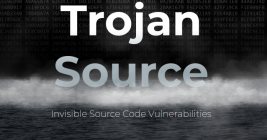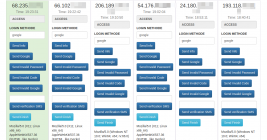Russia Sanctions May Spark Escalating Cyber Conflict
President Biden joined European leaders this week in enacting economic sanctions against Russia in response its military invasion of Ukraine. The West has promised tougher sanctions are coming, but experts warn these will almost certainly trigger a Russian retaliation against America and its allies, which could escalate into cyber attacks on Western financial institutions and energy infrastructure.













